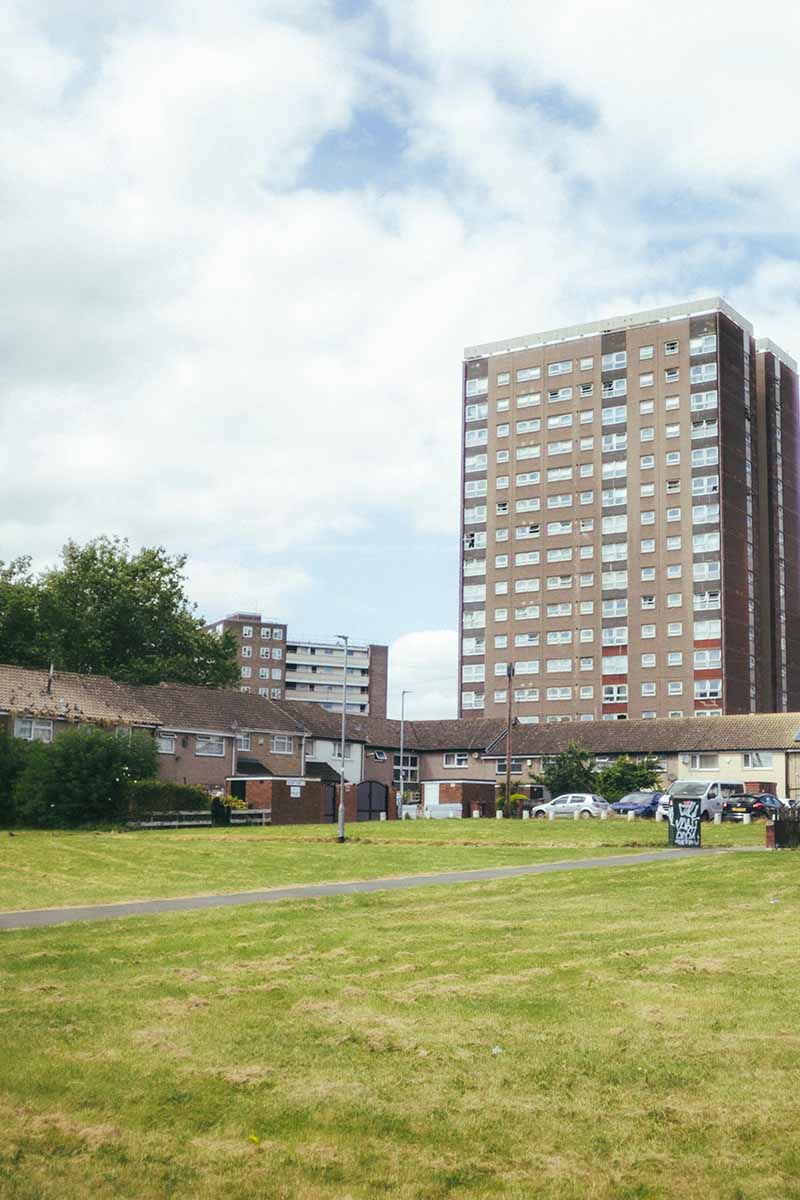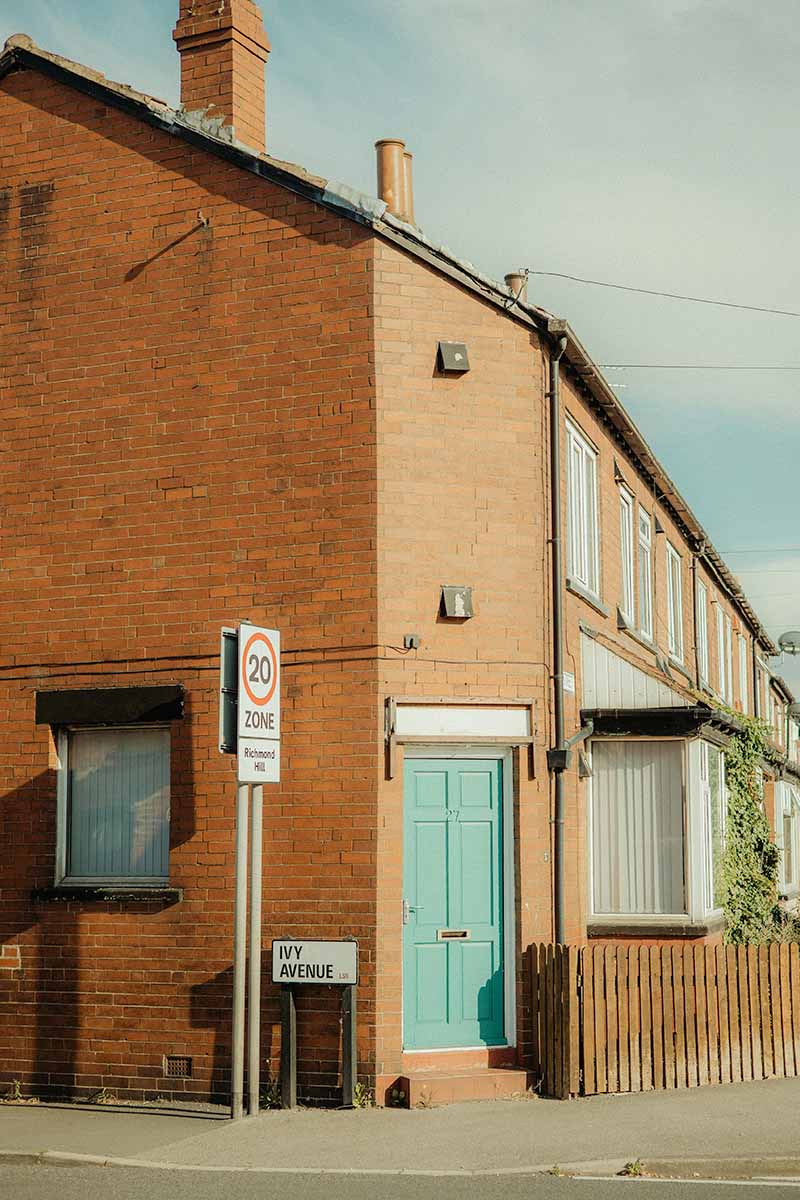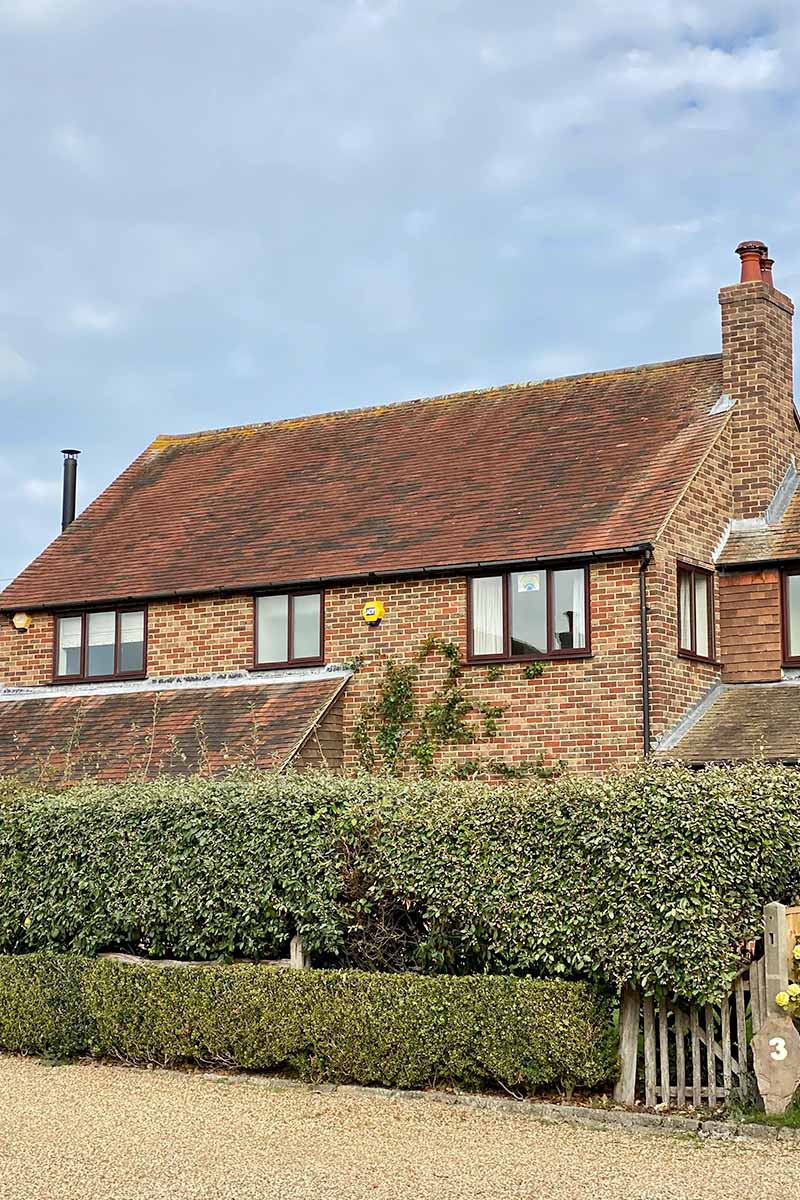Do joint owners both need to sign to sell their property?
Yes. If you and someone else jointly own a property, you both need to agree to the sale and sign all relevant documents. This applies whether you’re listed as joint tenants or tenants in common. Without full agreement from all legal owners, the property cannot legally be sold. This becomes especially relevant when relationships break down, someone moves abroad, or there’s a disagreement about what to do next. If you're in that situation, there are steps you can take to simplify things.
This article explains what happens when two or more people jointly own a property and one or more want to sell. It outlines the legal requirement for all joint owners to sign before a sale can go ahead, and explores what options are available when there’s disagreement.
Key points include:
- Joint ownership types: Comparison between joint tenancy and tenancy in common, and how they affect inheritance and control.
- Title register: How to find out what type of ownership applies to your property.
- Disagreements: What happens if one owner does not want to sell.
- Legal process: Steps involved in applying for a court order under TOLATA, and what the court will consider.
- Court outcomes: Possibilities including forced sale, delayed sale, or changes to occupancy rights.
- Costs: Overview of potential legal expenses and when to seek advice.
- Selling your share: Why it’s legally possible but not always practical.

Understanding joint ownership in the UK
When two or more people own a property together, it will fall under one of two legal structures: joint tenancy or tenancy in common. The type you have affects everything from inheritance to whether one person can sell their share.
Here’s a simple comparison:
So, to summarise:
- Joint tenancy treats all owners as one unit. If one person dies, their share goes to the other owner(s), and you can’t leave it in a will.
- Tenancy in common gives each owner a defined share they can pass on or sell independently.
Not sure which type of ownership you have?
To find out, you’ll need to check the title register for your property. This document shows the legal structure of ownership and lists everyone who’s registered.
You might already have a copy, especially if you've bought or remortgaged the property recently. If not, your solicitor may be able to provide it. Otherwise, you can order it directly from HM Land Registry online for a small fee.
A solicitor or conveyancer can also help interpret the document if you're unsure what it means for your situation.
Save time and hassle by selling your home with us
Get a guaranteed cash offer on any property in England and Wales. All you need to do to get started is enter your address below.
What happens if one person doesn’t want to sell?
If one co-owner refuses to sell, the property can’t be sold unless they agree or a court orders it. This can create delays or even deadlock, especially in cases of separation, inheritance disputes, or investment fallouts.
Legal steps to force the sale of a jointly owned property
1. Try negotiation or mediation
Start with a conversation. Many joint sales that begin with disagreement are resolved through informal agreements or mediation. This is often the quickest and least costly route.
2. Apply to court under TOLATA
If no agreement can be reached, a co-owner can apply to the court for an order for sale under the Trusts of Land and Appointment of Trustees Act 1996 (TOLATA). This applies whether or not all co-owners are on the legal title — beneficial owners (those with a financial interest) can also apply.
3. What the court will consider
The court will assess several factors under Section 15 of TOLATA:
- The original purpose for which the property was bought.
- The current use of the property (e.g. as a family home).
- The welfare of any children living at the property.
- The interests of any creditors or mortgage lenders.
4. Possible court outcomes
Depending on the situation, the court may:
- Order a sale.
- Refuse the sale.
- Delay the sale for a fixed period.
- Assign rights of occupancy.
- In rare cases, divide the property physically.
If a sale is ordered but a co-owner refuses to sign, the court can authorise a third party (such as a court officer) to sign on their behalf so the sale can go ahead.
This process is especially relevant in situations involving divorce, separation, or inherited properties where only some beneficiaries want to sell.
5. Legal costs to keep in mind
Court action under TOLATA can be expensive, with costs ranging from a few thousand pounds to £20,000 or more depending on the complexity. Before proceeding, it’s advisable to seek legal advice or explore lower-conflict alternatives.
Can you sell your share of a jointly owned property?
You can, but it’s uncommon. While tenancy in common gives you the legal right to sell your share, most buyers won’t want to co-own a home with a stranger. Selling the entire property is usually more practical and financially beneficial.
Property owners are choosing Habello for a faster, easier and less stressful way to sell
Sell your home quickly for cash by accepting an offer just below market value. See how we compare to your other options by using the calculator below.
Related guides
Bring yourself up to speed with our property guides.





































































































